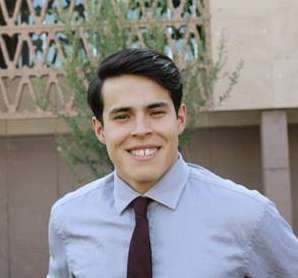Equity in healthcare services is a big problem plaguing many minority and immigrant groups in the United States, but one with the potential for technology-driven cures, a Department of Health and Human Services (HHS) official said on Nov. 3 at GDIT’s Emerge Health 2022 event.
Christine Ramey, deputy director of Office of Health Equity (OHE) within HHS’ Health Resources and Services Administration (HRSA), explained that one of the most important aspects of increasing the level of equity in healthcare involves boosting broadband service access, which in turn enables further use of telehealth services.
“I think it is really helpful because oftentimes rural residents, to get specialty care, often have to drive over 50 miles to see a specialist,” Ramey said.
“We see this oftentimes in pregnant people,” she said. “Their local hospital may not even have an obstetrician on staff, which then kind of also drives … issues around maternal mortality, which we’ve seen a lot as well.”
“Telemedicine, I think, has really kind of opened the doors, and I know the VA [Department of Veterans Affairs] has been using it for many years,” Ramey said. “I think now it’s kind of caught on, especially more in light of the COVID pandemic.”
The HHS official went on to explain some of the policy barriers that make it difficult for some organizations that serve underrepresented minority groups and veterans to receive grant funding.
“It’s typically a clinician as a grant writer,” she said. “They’re trying to take care of patients, then they have to do all the patient paperwork, [and] documentation, then they have to go and try to write a grant and compete against large organizations.”
On top of that, Ramey talked about a lack of trust in the healthcare system as another contributor to inequitable care.
“Unfortunately, I think a lot of these inequities have been so embedded and are kind of a generational issue as well with some of these communities that have a lack of trust,” she said. “They may have heard from a family member or a grandparent, something like ‘my health care provider kind of blew me off because I was African American or, English wasn’t my first language,’” Ramey said.

